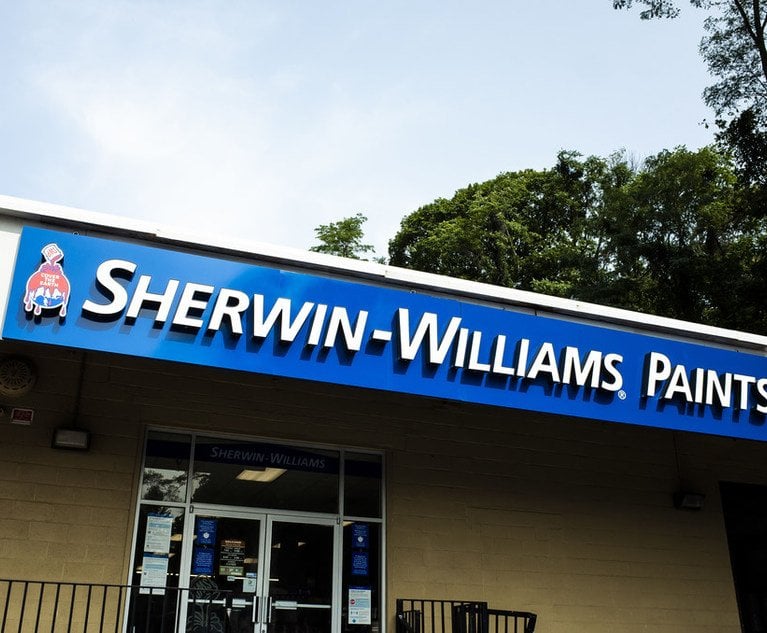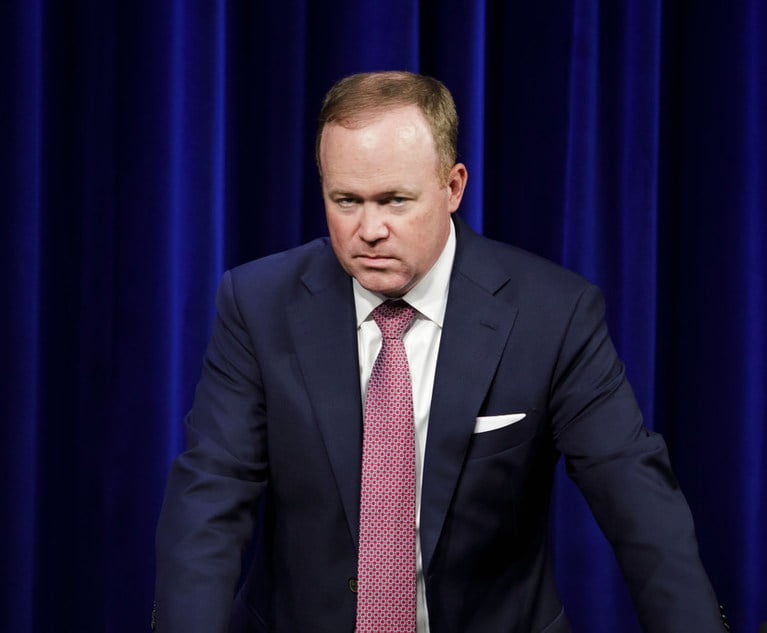Microsoft Corp. v. Baker
U.S. Sup. Ct.; 15–457 Orders granting or denying class certification are inherently interlocutory, hence not immediately reviewable under 28 U.…
June 12, 2017 at 07:58 PM
6 minute read
U.S. Sup. Ct.;
15–457
Orders granting or denying class certification are inherently interlocutory, hence not immediately reviewable under 28 U. S. C. §1291,which empowers federal courts of appeals to review only “final decisions of the district courts.” In Coopers & Lybrand v. Livesay, 437 U. S. 463, a 1978 decision, this Court held that the death-knell doc-trine—which rested on courts' recognition that a denial of class certification would sometimes end a lawsuit for all practical purposes—did not warrant mandatory appellate jurisdiction of certification orders. Id., at 470, 477. Although the death-knell theory likely “enhanced the quality of justice afforded a few litigants,” it did so at a heavy cost to §1291's finality requirement. Id., at 473. First, the potential for multiple interlocutory appeals inhered in the doctrine. See id., at 474. Second, the death-knell theory forced appellate courts indiscriminately into the trial process, circumventing the two-tiered “screening procedure” Congress established for interlocutory appeals in 28 U. S. C. §1292(b). Id., at 474, 476. Finally, the doctrine “operat[ed] only in favor of plaintiffs,” even though the class-certification question may be critically important to defendants as well. Id., at 476.
Two decades later, in 1998, after Congress amended the Rules Enabling Act, 28 U. S. C. §2071 et seq., to empower this Court to promulgate rules providing for interlocutory appeal of orders “not otherwise provided for [in §1292],” §1292(e), this Court approved Federal Rule of Civil Procedure 23(f). Rule 23(f) authorizes “permissive interlocutory appeal” from adverse class-certification orders in “the sole discretion of the court of appeals.” 28 U. S. C. App., p. 815. This discretionary arrangement was the product of careful calibration on the part of the rulemakers.
This content has been archived. It is available through our partners, LexisNexis® and Bloomberg Law.
To view this content, please continue to their sites.
Not a Lexis Subscriber?
Subscribe Now
Not a Bloomberg Law Subscriber?
Subscribe Now
NOT FOR REPRINT
© 2025 ALM Global, LLC, All Rights Reserved. Request academic re-use from www.copyright.com. All other uses, submit a request to [email protected]. For more information visit Asset & Logo Licensing.
You Might Like
View All
How We Won: BraunHagey’s $56M Trademark Win Over Molson Coors Upheld by 9th Circuit
8 minute read
Insurers Dodge Sherwin-Williams' Claim for $102M Lead Paint Abatement Payment, State High Court Rules

What Does Ohio Supreme Court's Opioid Decision Mean for Public Nuisance Claims?
6 minute read
Judge's Civil Contempt Order for Zoom Recording Violation Must Include 'The Keys to the Cell,' State Appellate Court Says
4 minute readTrending Stories
- 1The Appropriate Exemption in Students for Fair Admissions v. President & Fellows of Harvard College
- 2DOJ, 10 State AGs File Amended Antitrust Complaint Against RealPage and Big Landlords
- 3New Partners at Cummings & Lockwood, Carmody Torrance Sandak & Hennessey
- 4'Extra Government'?: NY Top Court Eyes Ethics Commission's Constitutionality
- 5South Texas College of Law Houston Selects New Dean
Who Got The Work
Michael G. Bongiorno, Andrew Scott Dulberg and Elizabeth E. Driscoll from Wilmer Cutler Pickering Hale and Dorr have stepped in to represent Symbotic Inc., an A.I.-enabled technology platform that focuses on increasing supply chain efficiency, and other defendants in a pending shareholder derivative lawsuit. The case, filed Oct. 2 in Massachusetts District Court by the Brown Law Firm on behalf of Stephen Austen, accuses certain officers and directors of misleading investors in regard to Symbotic's potential for margin growth by failing to disclose that the company was not equipped to timely deploy its systems or manage expenses through project delays. The case, assigned to U.S. District Judge Nathaniel M. Gorton, is 1:24-cv-12522, Austen v. Cohen et al.
Who Got The Work
Edmund Polubinski and Marie Killmond of Davis Polk & Wardwell have entered appearances for data platform software development company MongoDB and other defendants in a pending shareholder derivative lawsuit. The action, filed Oct. 7 in New York Southern District Court by the Brown Law Firm, accuses the company's directors and/or officers of falsely expressing confidence in the company’s restructuring of its sales incentive plan and downplaying the severity of decreases in its upfront commitments. The case is 1:24-cv-07594, Roy v. Ittycheria et al.
Who Got The Work
Amy O. Bruchs and Kurt F. Ellison of Michael Best & Friedrich have entered appearances for Epic Systems Corp. in a pending employment discrimination lawsuit. The suit was filed Sept. 7 in Wisconsin Western District Court by Levine Eisberner LLC and Siri & Glimstad on behalf of a project manager who claims that he was wrongfully terminated after applying for a religious exemption to the defendant's COVID-19 vaccine mandate. The case, assigned to U.S. Magistrate Judge Anita Marie Boor, is 3:24-cv-00630, Secker, Nathan v. Epic Systems Corporation.
Who Got The Work
David X. Sullivan, Thomas J. Finn and Gregory A. Hall from McCarter & English have entered appearances for Sunrun Installation Services in a pending civil rights lawsuit. The complaint was filed Sept. 4 in Connecticut District Court by attorney Robert M. Berke on behalf of former employee George Edward Steins, who was arrested and charged with employing an unregistered home improvement salesperson. The complaint alleges that had Sunrun informed the Connecticut Department of Consumer Protection that the plaintiff's employment had ended in 2017 and that he no longer held Sunrun's home improvement contractor license, he would not have been hit with charges, which were dismissed in May 2024. The case, assigned to U.S. District Judge Jeffrey A. Meyer, is 3:24-cv-01423, Steins v. Sunrun, Inc. et al.
Who Got The Work
Greenberg Traurig shareholder Joshua L. Raskin has entered an appearance for boohoo.com UK Ltd. in a pending patent infringement lawsuit. The suit, filed Sept. 3 in Texas Eastern District Court by Rozier Hardt McDonough on behalf of Alto Dynamics, asserts five patents related to an online shopping platform. The case, assigned to U.S. District Judge Rodney Gilstrap, is 2:24-cv-00719, Alto Dynamics, LLC v. boohoo.com UK Limited.
Featured Firms
Law Offices of Gary Martin Hays & Associates, P.C.
(470) 294-1674
Law Offices of Mark E. Salomone
(857) 444-6468
Smith & Hassler
(713) 739-1250






